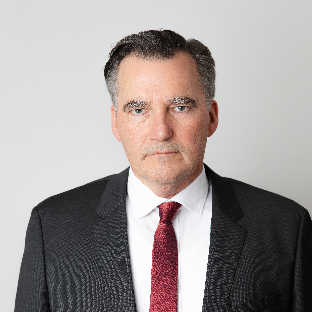People living with disabilities linked to life-limiting conditions are experiencing reduced access to services that help them stay at home and remain independent.
“Recent media reports, as well as many stories from families, healthcare workers and advocates, point to a break down in how palliative care services and the NDIS are integrated, which means vulnerable people are going without critical services,” says Camilla Rowland, Chief Executive Officer, Palliative Care Australia (PCA).
“In some cases, these are the kinds of services that can keep people out of hospital and allow people to remain in their own home, with loved ones, for as long as possible.
“Services like personal care, food and diet, respite, transport, domestic assistance, and social supports.”
Over recent months many people with life-limiting illnesses, carers, support workers, advocates and health providers have shared stories of their challenges with the National Disability Insurance Scheme (NDIS) which appear to reflect a growing problem.
Challenges include:
- Widespread confusion about which services and systems are responsible for the provision of disability and other supports for people with life-limiting conditions
- Limited options for people under 65 years of age diagnosed with life-limiting conditions who need support with daily living and other essential services, but who cannot access these from the NDIS or any other system
- Inconsistencies in how the NDIS makes decisions about who can access the scheme, where the NDIS believes someone has 12 months or less to live
- Inconsistencies in what services NDIS participants with a life-limiting illness can purchase with NDIS funds, once the NDIS becomes aware their life expectancy is limited.
“PCA is aware that many people with disabilities continue to face significant barriers to their right to funded support as their conditions progress,” Ms Rowland says.
PCA has already made several recommendations to the Independent NDIS Review, chaired by Professor Bruce Bonyhady AM and Lisa Paul AO PSM. The Independent Review is due to report to government very soon.
“PCA is encouraging the Independent Review Panel to explore opportunities to work with all parts of government to ensure that people with life-limiting conditions get the kinds of supports they need in the last chapter of life,” Ms Rowland says.
“PCA has provided detailed advice to government around addressing these challenges as quickly as possible, while also considering long-term solutions arising from the Independent NDIS Review panel.
“PCA and our members in every state and territory will keep working with government to ensure people towards the end of their life can get the support they need,” Ms Rowland says.
PCA’s submission to the Independent NDIS Review can be








